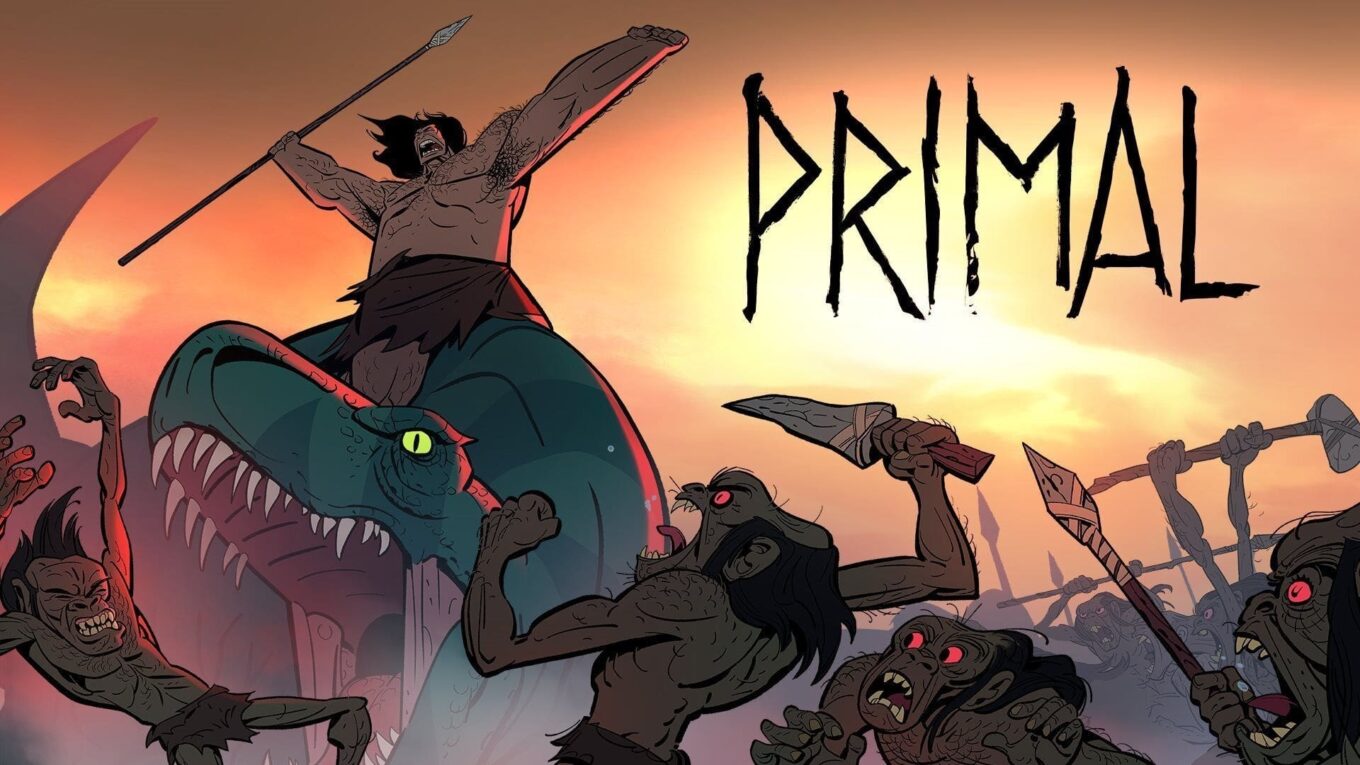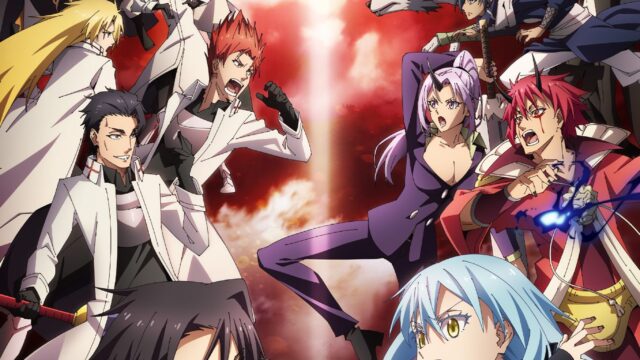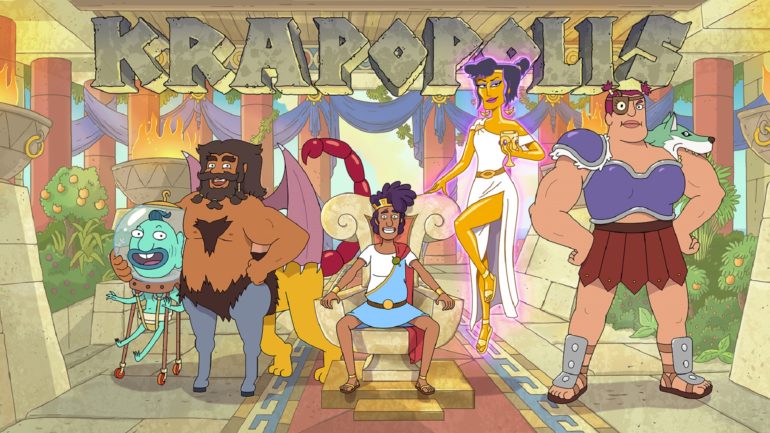Review: Primal “The Primal Theory”
Overview:
In 1890s England, a think tank of educated scientists congregate in a cushy mansion where they all trade notes and plead their cases on man’s evolution and the innate primal rage that unifies humanity. This innocent debate unexpectedly turns into a violent bloodbath, albeit one that provides illuminating answers on man, monster, and everything in between.
Wait, isn’t this a show about a caveman and his dinosaur pal?
Our Take:
Forget about interspecies teamwork. Forget about Mira. Forget about limited dialogue. Primal completely reinvents itself in “The Primal Theory,” an episode that’s easily the most atypical entry of Primal, yet also the most succinct distillation of what this aggressive series is all about. Adult Swim’s previews from last week playfully teased the bravado behind this installment and how none of the episode’s visuals could be revealed in the half-minute promo. The necessity behind this level of secrecy is definitely inflated for the sake of effective marketing, but these ads don’t undersell how “The Primal Theory” is appointment television and a high mark for the series.
It’s immediately obvious that this isn’t a typical Primal episode as soon as educated characters begin to debate through full, well-reasoned sentences. It was a seismic shock when Mira uttered her first words, but “The Primal Theory” leaps past that turning point and immerses its audience with consistent chatter. This use of dialogue makes Primal that much closer to every other animated series on television, but every word carries magical weight because of how much restraint Primal has otherwise exhibited in this department.
“The Primal Theory” is structured around a group of esteemed educators batting around theories on man, the mind, and evolution while they debate over how far we’ve truly come from our prehistoric savage states. Man wields impressive tools and operates with sophistication, but the primal desire to survive and evolve is innate to our DNA. Current man has evolved far beyond humanity’s earliest expectations, and yet those earliest primal instincts are still present in modern society. Evolution hasn’t been able to eliminate it.
“The Primal Theory” goes so far as to argue that man will revert to its primal state over time and that their inner beasts are in constant danger of awakening whenever they’re confronted with a primeval force. This is all fascinating in theory, but the episode then puts these wise words to the test once it’s revealed that an escaped mental patient is on the loose. “The Primal Theory” explicitly jokes that Darwin is as “mad” as the asylum escapee because of the “lunacy” that fuels his theory.
It cannot be emphasized enough how much of a radical change of pace “The Primal Theory” is for the series. This is an episode that’s light in action and heavy in verbose pontification that may fall flat on a lot of the show’s standard audience. Yet, “The Primal Theory” is a perfect example of the type of risks that a show like Primal needs to take in order to survive, stay fresh, and evolve–just like when man first figured out how to make fire or use tools. It’s not hard to picture a heavier-handed version of Primal where “The Primal Theory” is the pilot episode that helps give its audience a palatable introduction for the type of series that’s to come. Instead, this episode arrives halfway through its second season when audiences have likely either made up their minds on whether they like this show or not.
After a season-and-a-half of so much visceral combat and characters who literally tear each other apart, “The Primal Theory” doesn’t waste the impact that’s generated from the firing of a gun and the introduction of genuine artillery into the series. The final act becomes heavily dependent upon firepower (although it’s fitting that the battle finally concludes through brutal violence). It results in an entirely different type of action sequence and combat choreography than what Primal is used to doing. It’s thrilling.
“The Primal Theory” is an extremely rewarding interlude that occurs at a moment when a temporary break from Spear, Fang, and Mira actually feeds into the tension of their storyline. This higher-minded approach to storytelling has the potential to become a recurring device for Primal or simply remain as an ambitious experiment that emphasizes many of the tantalizing ideas that Genndy Tartakovsky and company have been fascinated in exploring since Primal’s start. With episodes like “The Primal Theory,” the series now has the confidence, trust–but more importantly–the narrative infrastructure and freedom to do so.



























I hope this turns out to be another Gravity Falls-type show with an overarching storyline.